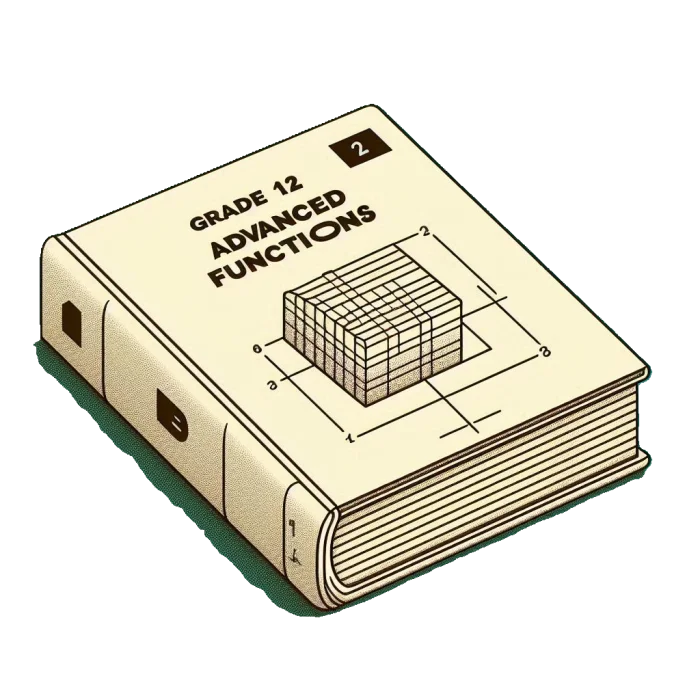This course extends students’ experience with functions. Students will investigate the properties of polynomial, rational, logarithmic, and trigonometric functions; develop techniques for combining functions; broaden their understanding of rates of change; and develop facility in applying these concepts and skills. Students will also refine their use of the mathematical processes necessary for success in senior mathematics. This course is intended both for students taking the Calculus and Vectors course as a prerequisite for a university program and for those wishing to consolidate their understanding of mathematics before proceeding to any one of a variety of university programs.
Prerequisite: Functions, Grade 11, University Preparation, or Mathematics for College Technology, Grade 12, College Preparation
Type:University Preparation
Credit Value:1.0
Curriculum Policy:
Mathematics, The Ontario Curriculum, Grades 11 and 12, 2007 (Revised)
A. EXPONENTIAL AND LOGARITHMIC FUNCTIONS
1. demonstrate an understanding of the relationship between exponential expressions and logarithmic expressions, evaluate logarithms, and apply the laws of logarithms to simplify numeric expressions;
2. identify and describe some key features of the graphs of logarithmic functions, make connections among the numeric, graphical, and algebraic representations of logarithmic functions, and solve related problems graphically;
3. solve exponential and simple logarithmic equations in one variable algebraically, including those in problems arising from real-world applications.
B. TRIGONOMETRIC FUNCTIONS
1. demonstrate an understanding of the meaning and application of radian measure;
2. make connections between trigonometric ratios and the graphical and algebraic representations of the corresponding trigonometric functions and between trigonometric functions and their reciprocals, and use these connections to solve problems;
3. solve problems involving trigonometric equations and prove trigonometric identities.
C. POLYNOMIAL AND RATIONAL FUNCTIONS
1. identify and describe some key features of polynomial functions, and make connections between the numeric, graphical, and algebraic representations of polynomial functions;
2. identify and describe some key features of the graphs of rational functions, and represent rational functions graphically;
3. solve problems involving polynomial and simple rational equations graphically and algebraically;
4. demonstrate an understanding of solving polynomial and simple rational inequalities.
D. CHARACTERISTICS OF FUNCTIONS
1. demonstrate an understanding of average and instantaneous rate of change, and determine, numerically and graphically, and interpret the average rate of change of a function over a given interval and the instantaneous rate of change of a function at a given point;
2. determine functions that result from the addition, subtraction, multiplication, and division of two functions and from the composition of two functions, describe some properties of the resulting functions, and solve related problems;
3. compare the characteristics of functions, and solve problems by modelling and reasoning with functions, including problems with solutions that are not accessible by standard algebraic techniques.

